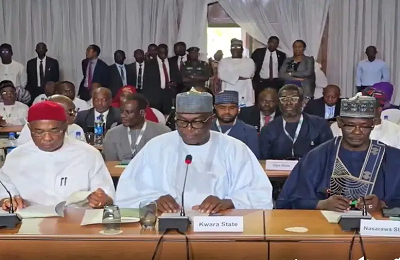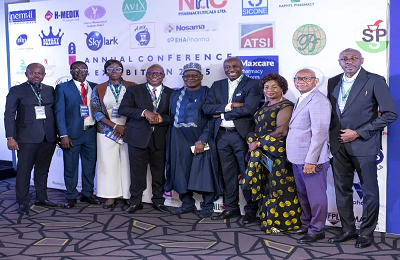ABUJA – Nigerian governors have pledged to eliminate cervical cancer. Governor Abdulrahman Abdulrazaq of Kwara, Chairman of the Nigeria Governors’ Forum (NGF), announced this at the Partnership to Eliminate Cervical Cancer in Nigeria (PECCiN) launch in Abuja. This new cervical cancer in Nigeria initiative aims to save lives from the preventable and treatable disease.
Governor Hope Uzodimma of Imo State represented Abdulrazaq. He said, “The governors will also collaborate with partners to improve access to screening, vaccines, and education, particularly in rural and hard-to-reach areas.” State governments will speed up policy adoption, fund programs, and boost primary healthcare to fight cervical cancer in Nigeria.
First Lady Leads National Drive Against Cervical Cancer Nigeria
First Lady Senator Oluremi Tinubu launched the PECCiN initiative. The National Task Force on Cervical Cancer Elimination (NTF-CCE) drives the program. It aligns with World Health Organisation (WHO) 90-70-90 targets. These aim to cut cervical cancer through vaccination, screening, and treatment.
WHO Director-General Dr. Tedros Ghebreyesus praised Nigeria. He stated, “Since 2018, Nigeria has supported WHO’s call for elimination and co-led the establishment of World Cervical Cancer Elimination Day on November 17. Nearly 17 million girls have received the HPV vaccine, and screening services continue to expand nationwide.” This shows progress against cervical cancer in Nigeria.
Global and Private Sector Support
International health partners and the private sector back the initiative. Roche Diagnostics General Manager, Roberto Taboada, said, “We pledge support for affordable and accurate HPV DNA testing in Nigeria.” Ms. Vuyokazi Mjekula of Merck Sharp and Dohme South Africa reaffirmed commitment to quality HPV vaccine access.
PECCiN also gets support from the Clinton Health Access Initiative, Gates Foundation, Unitaid, Renewed Hope Initiative, WHO, and Private Sector Health Alliance of Nigeria. All endorse Nigeria’s plan to combat cervical cancer in Nigeria.
By Abdullah Korede








